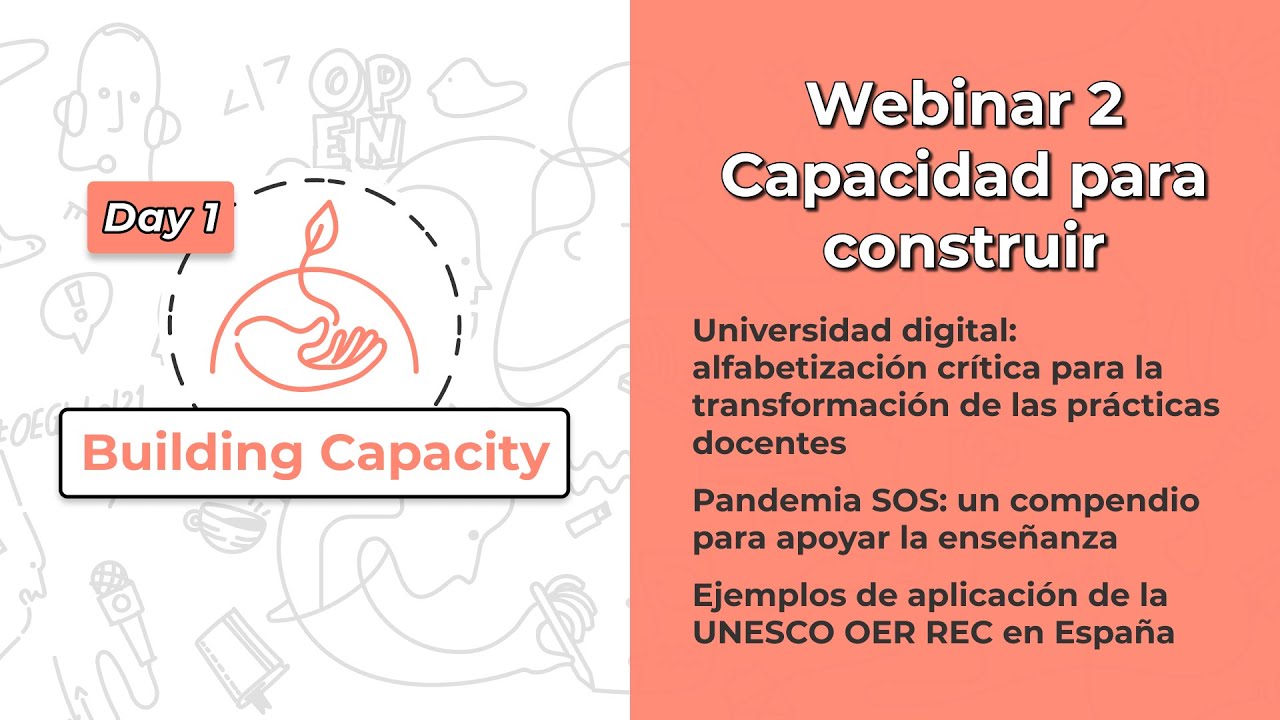Virginia Rodés (Universidad de la República),Ada Czerwonogora (Centro Universitario Regional del Este, Universidad de la República),Mariana Porta (Centro Universitario Regional del Noreste, Universidad de la República),Carla Margenat (Universidad de la República)
Universities were challenged during the implementation of emergency online learning stemming from the COVID19 pandemic. One of the most relevant challenges is the development of critical literacies capable of laying the foundations of the post-pandemic Digital University committed to its mission as public good. Far from subscribing to technicism and technological neutrality, we bet for critical digital pedagogy to contribute to this transformation from the context of the public, free, and co-governed Latin American University.
This communication introduces the Project “Digital University: towards critical literacy for the transformation of teaching practices”, which is now being developed at the Universidad de la República in Uruguay. The methodological research design combines educational action research within academic professional learning communities, from a perspective of open science and open educational practices. We intend that these communities grow as spaces for reflection and review of teaching practices that take into account the recent changes due to emergency remote teaching. We hope that they contribute to the meaningful integration of technology from a critical and open perspective, as strategies for the transformation of teaching in higher education.§The project structures the development of hybrid teaching and learning models in three stages.
In each level, progress is made through spirals of identification, analysis and understanding of the processes, practices and contexts involved in the digital university, from a critical perspective focused on teachers as agents of curriculum development.§The training proposals are presented as open communities, in which the educators can register, exchange and share about their analysis and redesign processes. A variety of instruments are being used for data gathering: synchronous group meetings, peer observation, written and audiovisual reflections in the virtual community environment.
Among the achievements we emphasise the build-out of teacher professional development strategies, while also experimenting with participatory and collaborative technologies for the evaluation of their potential as an open science tool.
Extended abstract: OE_Global_2021_paper_91.pdf ![]()
Webinar Information
This presentation is part of Webinar 02 Capacidad para construir taking place in your local time 2021-09-27T16:00:00Z → 2021-09-27T17:50:00Z.
Webinar Access (registered conference participants only):
![]()
![]() Go to Webinar 02
Go to Webinar 02
UNESCO OER Action Area: Building capacity
Language:Spanish
See the other presentations that take place in this webinar.
Presentation Recording
Participate
Before the webinar the authors will be asked to reply below with links to their presentation materials, related videos, and other relevant links, as well as prompts for discussion here.
For anyone that missed the live session, an archive will be posted here as soon as possible.
Conference participants are urged also to reply below with questions, comments for the presenters or to share related resources.

 .
.